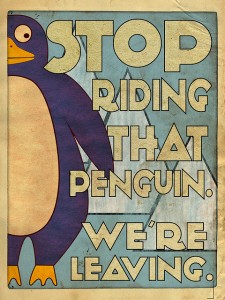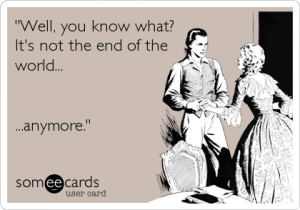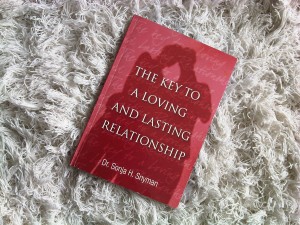So…the entry for ’procrastination’ on the Oxford Online Dictionary reads: ”
noun
[mass noun]
Yes, I am guilty of procrastinating, that heady mix of psychologist and blogger is sometimes too much for me to handle and I retreat into a fantasy world also known as ‘if I don’t think about it it’s not there/happening/impending.
My apologies for the lack of posts, and as a grand gesture, I present to you a new guest/mystery blogger, simply known as MK. MK is a pretty skilled writer and often writes from the heart. MK’s first entry into the OneHeadspace bloggospere highlights a concerning issue in South Africa- the early parole of convicted gangster, Rashied Staggie.:
-A Giant Leap for Staggie-
It’s not that I don’t believe people have the capacity to dramatically change their character. To truly give up what makes them feared and powerful in exchange for freedom. It’s not even that I don’t believe a man who orders the rape of a 17-year old girl deserves to be forgiven. What chills me is the curdling fear faced by a community that has not yet recovered from Rashied Staggie’s actions 10 years ago. A community feeling naked against a man who is the monster under the bed for grown men.
Let us all hope that Staggie is in fact the changed, peace-seeking man that the Breede River parole board believes he is. Let’s hope the Hard Living’s gang is not waiting for him to lead them to greater glory. Let’s pray that the escalated violence in the Cape Flats is not in reaction to
Staggies’ coming parole. Let’s hope the Communities’ extremely heightened levels of fear are unwarranted.
As a woman, the early release of a man powerful and evil enough to order an act of gang rape in retaliation and as a warning gives me nightmares. As a member of society, I am angry that he was able to preach peace again and be forgiven for such an atrocious act. After his brother’s death in 1996, Rashied Staggie toured schools advocating anti-gang and anti-drug messages to children and claimed that rape was ‘the lowest thing’. In 2004, he was convicted of several crimes including ordering the violent gang rape of a 17-year old Chantelle Knight.
To Chantelle Knight, the courageous young woman who stood up to the monsters that brutalised her, became a state witness and put Staggie behind bars for a decade – to Chantelle Knight who was shot five times in August this year – thank you for making South Africa safer for others. If you are in witness protection – stay safe. If you did not survive the shooting, we will remember what you did for justice.
To Rashied Staggie – I hope you truly have changed your ways and can be judged by history as a man who used his past to save the futures of young people on the Cape Flats. Mr Staggie, I hope you’re not thinking: Now I can go back to being ruthless again.




